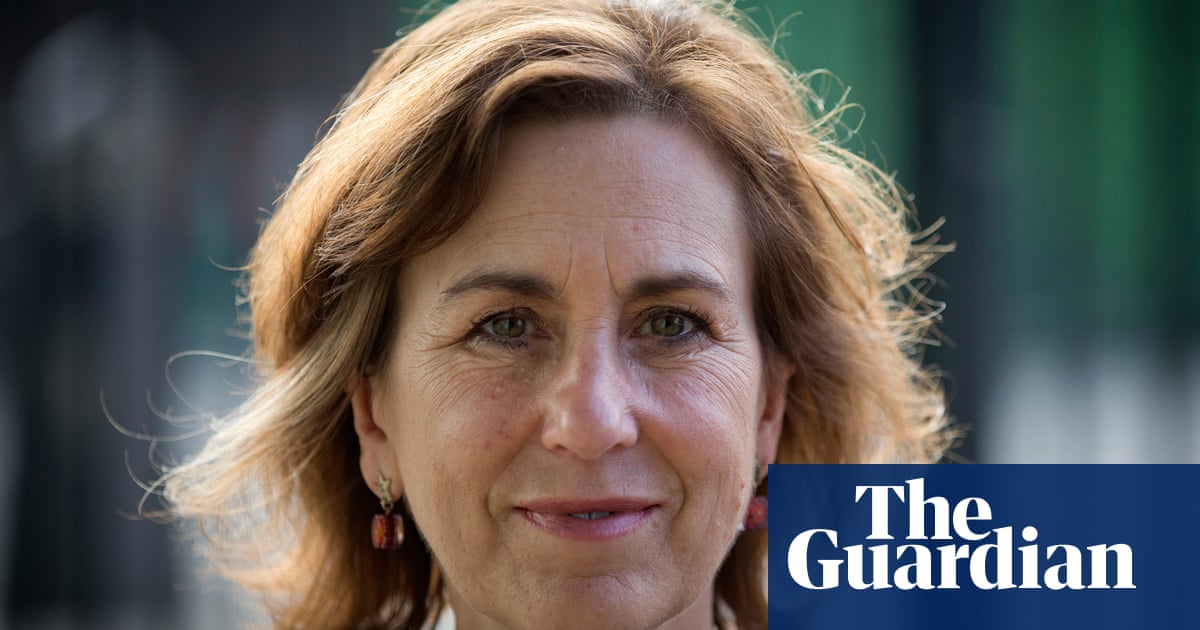
FirstGroup, one of the UK’s largest bus and train operators, has announced its chief executive is to step down, just a day after the firm’s biggest shareholder called for his resignation.
Matthew Gregory, who has been chief executive since 2018, will step down after the company’s annual shareholder meeting on 13 September.
FirstGroup’s chairman, David Martin, a transport veteran, will become executive chairman after the AGM, until the Aberdeen-based company finds a permanent chief executive. The firm said a “comprehensive search is under way” for a new boss.
On Monday, Coast Capital, the New York-based hedge fund that owns about 15% of the group, demanded the resignation of Gregory and two other board members over the sell-off of the bulk of its American business.
Gregory said that his decision to step down was “unrelated to the calls for my resignation”. He said: “It’s the right time for me to move on with all of the transformational things we have done.
“I took over three years ago and had a clear mandate to effect the portfolio rationalisation which we’ve done with the sale of FirstTransit and FirstStudent. Having completed the sale, the money’s come in and we’re settling all these legacy liabilities and setting up FirstGroup for the future.
“It’s a new chapter for FirstGroup and comes at the right time for me to step down and someone else to take it on.”
Martin said Gregory had “made a significant contribution to FirstGroup” since joining the company in 2015, initially as chief financial officer, before taking over the top job.
“He leaves FirstGroup a more focused, resilient and flexible organisation, well positioned to benefit from the many opportunities ahead,” Martin said.
Gregory said that FirstGroup, which announced pre-tax profits of £116m for the year to 27 March, was at the heart of government policies to level up by focusing on renewed investment in rail and bus, which includes the recently announced National Bus Strategy.
First is the UK’s largest bus company, operating more than 5,000 vehicles in 40 UK cities and towns, including Glasgow, Bristol, Leeds, Stoke and Swansea.
It is also one of the biggest players in rail, with contracts to operate a number of both long-distance and commuter networks including Avanti West Coast, Great Western Railway and South Western Railway.
The group has been looking for some time to shed its businesses in North America to focus on its British operations. It is still looking to find a buyer for Greyhound, the intercity coach service, which has been running at around 50% of capacity and revenue during Covid, Gregory said.
Last week, FirstGroup completed the $4.6bn (£3.3bn) sale of its FirstStudent business, the biggest school-run operator in the US which has about 43,000 yellow buses, as well as FirstTransit, which provides outsourced public transport. It sold the American businesses to Swedish group EQT Infrastructure, nearly three months after the sale was first announced.
The sale was approved by just over 60% of FirstGroup’s shareholders at a meeting in May, when the company promised to increase investor returns by more than a third (37%) to £500m on the back of the sale.
However, Coast had argued that the price for the US school and city bus services was too low, and had earlier described it as a “terrible deal”.
The hedge fund has long opposed FirstGroup’s turnaround plans and decision to focus on UK road and rail services. It also criticised the management for trying to sell its US operations during a pandemic, when travel restrictions had reduced their perceived value.
Gregory said: “It’s clear that First is going to be a totally different company … The activists are going to have to decided what they want to do but most shareholders are encouraged by the opportunities that are there.”
Coast’s founding partner, James Rasteh, said: “We welcome his long overdue resignation and look forward to many other necessary changes.”











